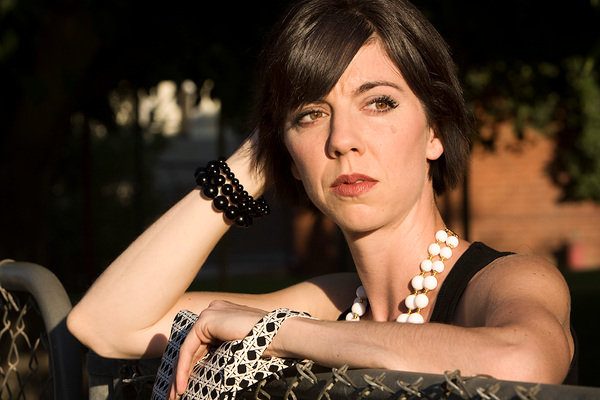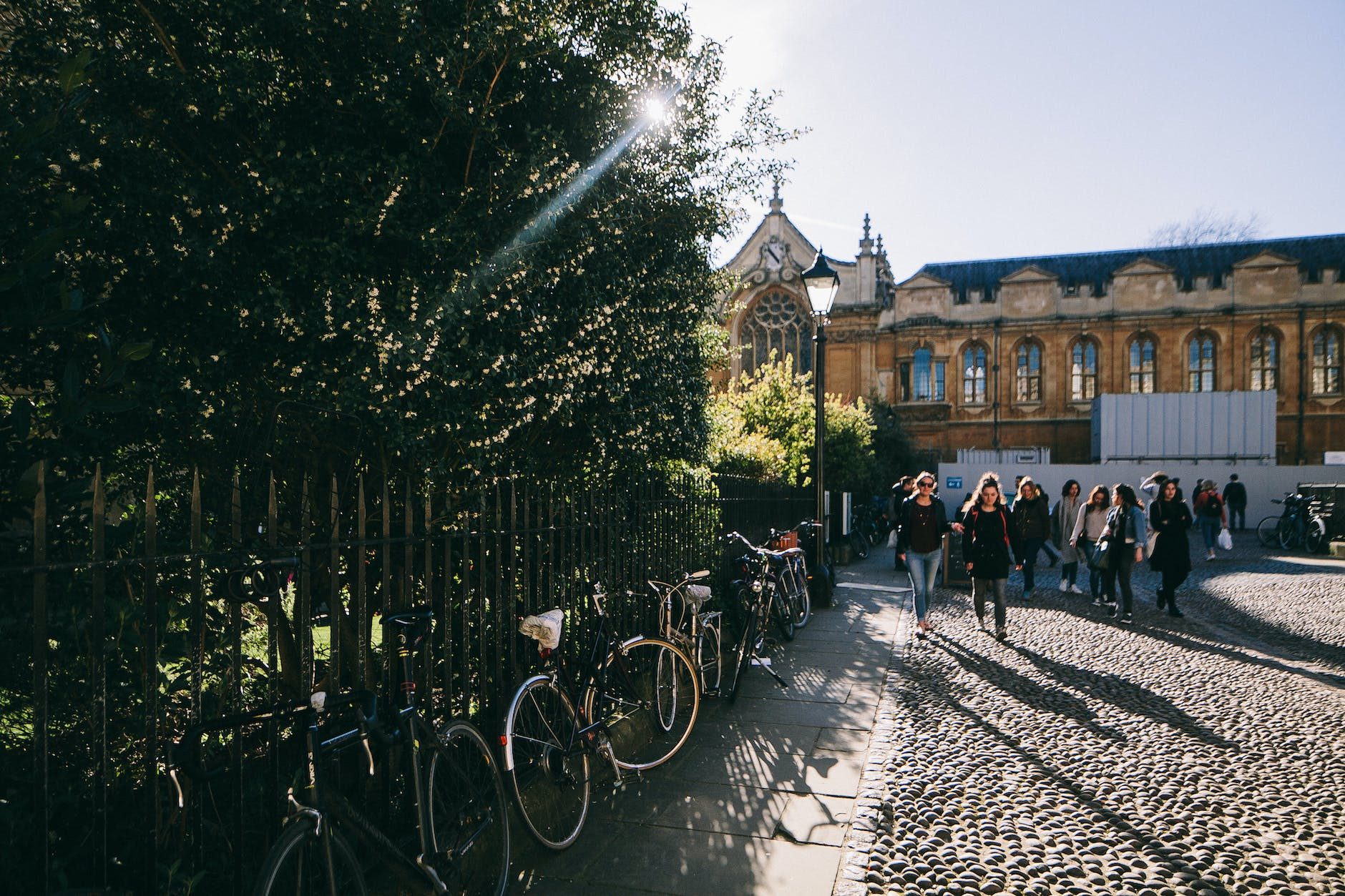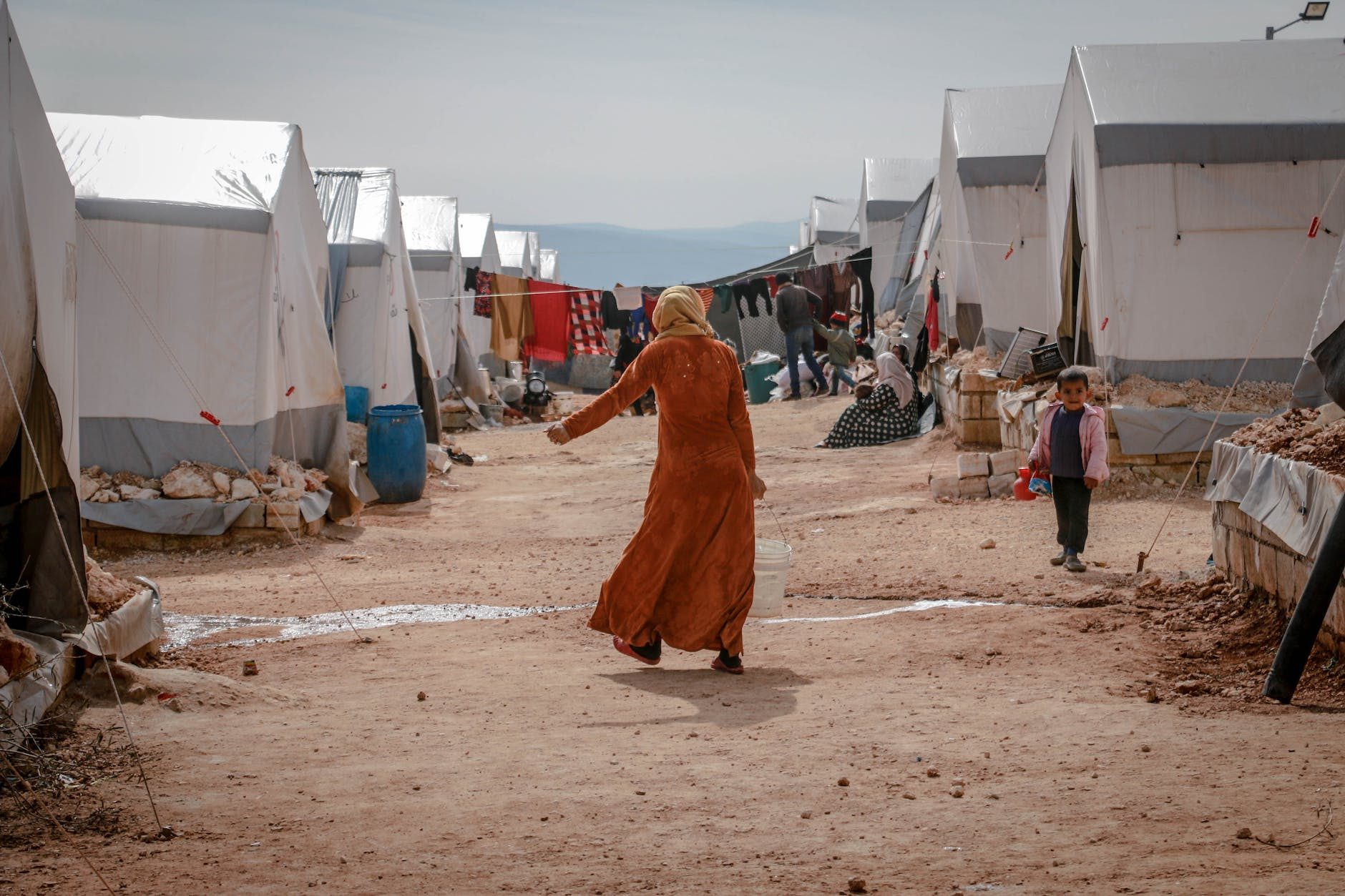
Dear Younger Self
Dear Younger Self—I know it’s cliché,But I would go back if I couldTo say: Make yourself small,Don’t resent being weak—Humility before GodWill set you free.
ARTICLES BY COLLEEN CHAO

Dear Younger Self—I know it’s cliché,But I would go back if I couldTo say: Make yourself small,Don’t resent being weak—Humility before GodWill set you free.

Before the foundations of the world were laid, you saw me and knew me and knew my days. You had already determined the era of

At the risk of sounding morbid—I hope I’m buried with this Love List someday. I was 20 years old when I compiled this collection of

I just spent an unforgettable week in Oxford, England, whisked away by the articulate pen of Carolyn Weber. It’s no easy task to hold my attention

Forgiveness may just be the hardest thing we do in life. At times it can be downright agonizing, amen? But agony meets ecstasy, and forgiveness

My dirty, sweaty 5-year-old is sitting on the back porch happily humming and throwing fistfuls of birdseed on the lawn. We’ll have an aviary here by

They’d been running around in circles all morning, yelling, begging their god to answer them—to no avail. So they screamed louder. Louder and longer. And

I penned this almost eight years ago in the midst of a desperate season, when I was hungry for the Word and a quiet space

Today I sat with a friend from Romania whose family has suffered upheaval and persecution as far back as she can remember. Her heritage is

I remember you before you were beautiful. Before you stopped people in their tracks and made jaws drop and heads turn. You, who are now

Dear Younger Self—I know it’s cliché,But I would go back if I couldTo say: Make

Before the foundations of the world were laid, you saw me and knew me and

At the risk of sounding morbid—I hope I’m buried with this Love List someday. I

I just spent an unforgettable week in Oxford, England, whisked away by the articulate pen of

Forgiveness may just be the hardest thing we do in life. At times it can

My dirty, sweaty 5-year-old is sitting on the back porch happily humming and throwing fistfuls of

They’d been running around in circles all morning, yelling, begging their god to answer them—to

I penned this almost eight years ago in the midst of a desperate season, when

Today I sat with a friend from Romania whose family has suffered upheaval and persecution

I remember you before you were beautiful. Before you stopped people in their tracks and